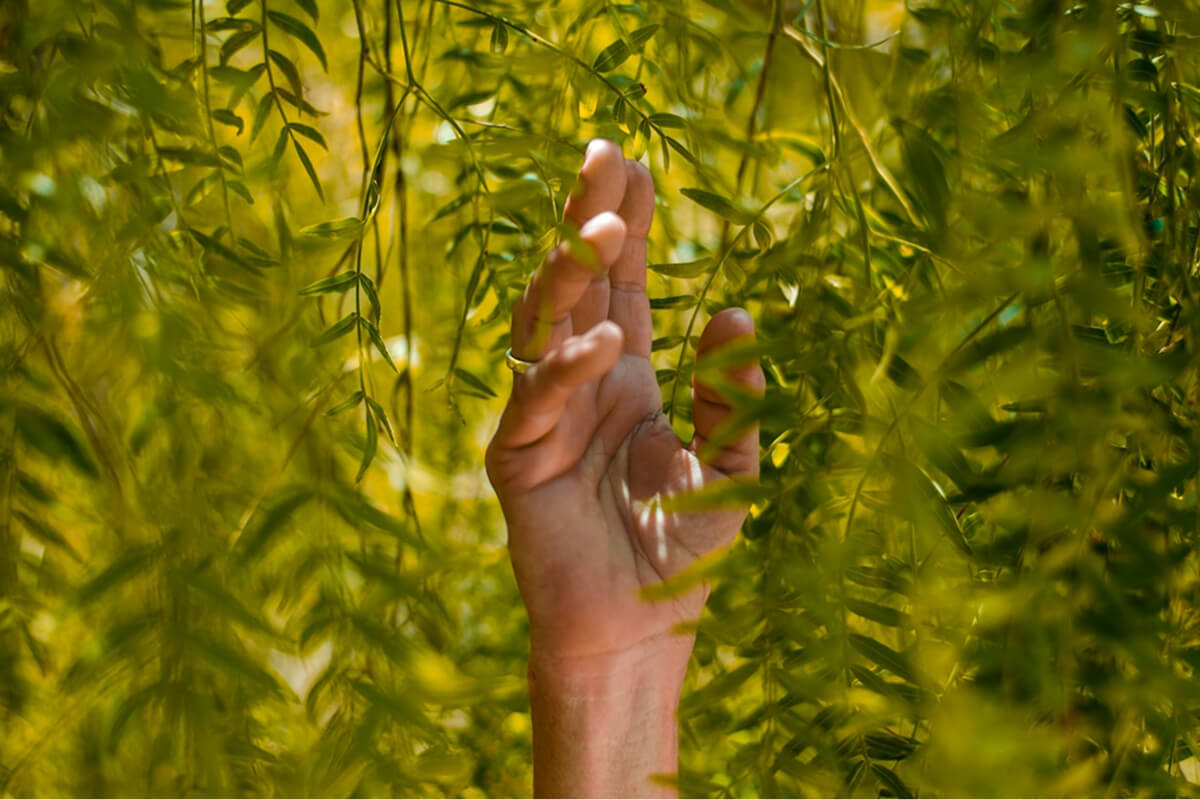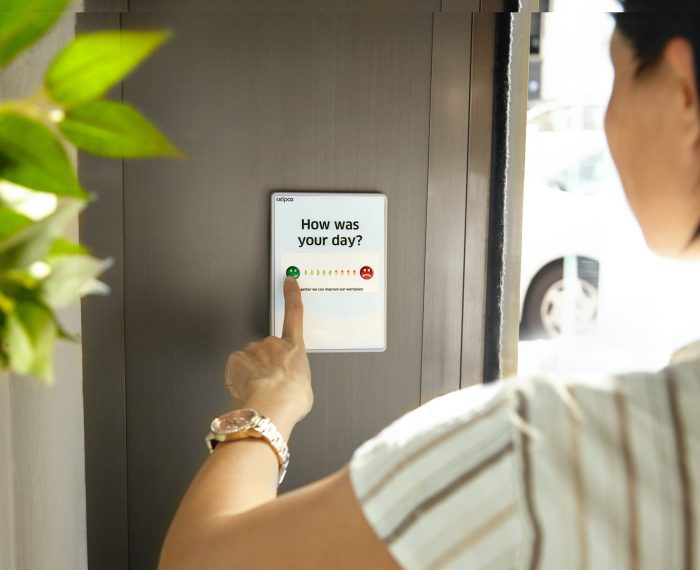What Is Ecotourism & Why It’s The Future Of Travel

Ecotourism is a growing movement redefining the way we explore the world. Often referred to as ecotourism, geotourism, or sustainable tourism, this approach to travel is transforming the travel industry. With rising environmental concerns and evolving traveler expectations, ecotourism is quickly becoming more than just a trend. Is your hotel or vacation rental ready to be part of it?
What is ecotourism?
According to the International Ecotourism Society, ecotourism is “the responsible travel to natural areas that conserves the environment, sustains the well-being of local people, and involves interpretation and education.”
In simpler terms, it means visiting destinations in ways that respect local communities, minimize environmental impact, and promote a deeper understanding of cultural and natural heritage. It’s a way of exploring the world while making a positive impact.
Why is ecotourism gaining momentum?
Global environmental issues—from climate change to deforestation—are no longer abstract headlines. The visible impact of these challenges is influencing travelers to rethink their travel habits.
According to The Business Research Company’s Global Ecotourism Market Report, in 2024 alone, the ecotourism market was valued at approximately $249.16 billion, with projections to reach nearly $429 billion by 2028.
Modern travelers are actively seeking out hotels and experiences that support sustainable practices. From energy-efficient buildings and waste reduction systems to plant-based menus and ethical sourcing, the hospitality industry is undergoing a green transformation.
Based on the Booking.com Sustainable Travel Report 2024 travelers today are:
- 75% of travelers worldwide say they plan to adopt more sustainable travel habits within the next year.
- 57% are aiming to cut down on energy use during their upcoming trips.
- 54% are planning to switch to more eco-friendly transportation options when traveling in the future.
- 43% experience guilt when they make travel decisions that are not environmentally friendly.
All this data is a call to action for every travel professional to quickly adapt to shifting customer behavior.
Respecting and supporting locals
Local communities are invaluable to the ecotourism experience. They offer rich cultural insights and authentic experiences that mass tourism is impossible to replicate.
Unfortunately, poorly managed tourism has led to pollution, exploitation, and the marginalization of Indigenous peoples.
Ecotourism counters this by:
- Empowering locals through job creation
- Promoting cultural preservation
- Directing tourism revenue back into communities

As Gloria Guevara, former President of the World Travel & Tourism Council, puts it:
“Sustainable tourism is a way of travel that, while it offers a unique and amazing experience to the traveler and connects people, it also protects our best assets—our nature, our culture, our communities, our history, and our planet.”
Why protecting and immersing in nature matters
Spending time in natural environments is proven to be healing. Many studies, like a recent one published in Scientific Reports by researchers at King’s College London in April 2024, have shown that time in nature can reduce stress, improve mental health, and help us reconnect with ourselves. Ecotourism taps into this emotional benefit while actively working to preserve these very environments for the future.

But beyond the traveler’s experience, ecotourism also plays a critical role in conservation. It supports responsible wildlife tourism, helps protect ecosystems, and provides economic incentives for local communities to protect rather than exploit their natural resources.
Leading ecotourism destinations such as El Pedral in Argentina and Prince of Wales Guesthouse in Romania demonstrate how immersive nature-based travel can be both enriching and sustainable. These eco-lodges and retreats offer transformative experiences like forest bathing, stargazing, guided hikes, and nature-focused education programs that not only captivate travelers but also support long-term environmental protection.
Other examples of businesses adopting ecotourism practices include:
- Saorsa 1875 in Scotland, a fully vegan boutique hotel that uses duvets made without wool or feathers.
- Ecosia, a search engine and hotel booking platform that funds tree planting from search revenue.
How Triparound’s clients are elevating guest experience through eco-friendly practices
Triparound’s clients are reshaping the guest experience by seamlessly blending environmental protection with unforgettable journeys. From vineyard eco-tours to marine wildlife excursions and guided conservation hikes, these offerings not only align with sustainability goals but also foster deeper guest engagement, bringing them back again and again.
Notable examples include Sani/ Ikos Group, Costa Navarino, and Santo Maris Oia Luxury Suites & Spa. These destinations lead the way in sustainable luxury, combining eco-friendly practices with deep respect for local culture and communities. From cutting emissions and eliminating waste to supporting biodiversity and local artisans, these resorts redefine responsible travel. Their initiatives show that environmental protection and authentic cultural experiences can elevate the essence of luxury ecotourism.
Their efforts underscore a broader industry trend: sustainability is becoming a hallmark of excellence, not just an added feature.
As guests increasingly demand responsible travel options, properties that embed sustainability into their core offerings are not only meeting expectations but also leading the way in shaping the future of tourism.
How is technology revolutionizing sustainable travel experiences?
Technology can make eco-friendly experiences easier than ever before to access and manage. From booking green hotels and zero-waste tours to tracking carbon footprints and promoting local culture, digital tools streamline every step of the eco-travel journey.
Platforms like Triparound help travel professionals offer personalized, sustainable itineraries while simplifying operations and reducing environmental impact. By using our smart guest experience platform, businesses can boost efficiency, attract conscious travelers, and lead the way in the growing market of sustainable tourism.
For a personalized tour of our platform, book your demo here.
Sustainability is no longer optional
The future of travel is being shaped by informed, environmentally conscious consumers. Visuals of environmental devastation and exploitative tourism have prompted a global shift in values, particularly among Millennials and Gen Z.
If you want your travel business to thrive in this new era, sustainability must be at the core of your strategy. From zero-waste operations to authentic local partnerships and immersive nature experiences, ecotourism offers a blueprint for meaningful, future-ready travel.
Ready to enhance your eco-tourism services today?
You’ve taken the first step by incorporating green practices. Now, let Triparound help you deliver a seamless booking experience that aligns with your values and delights your guests.

